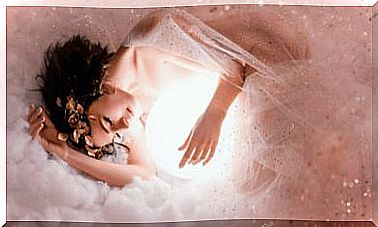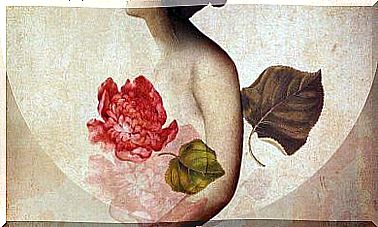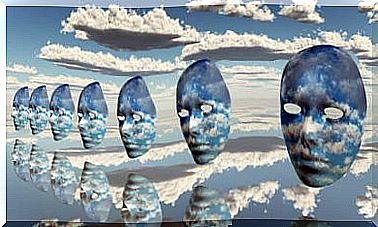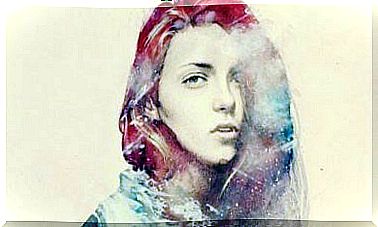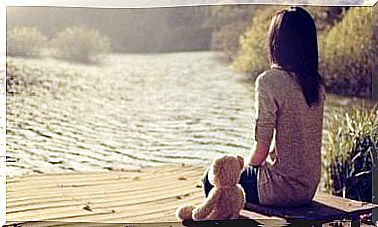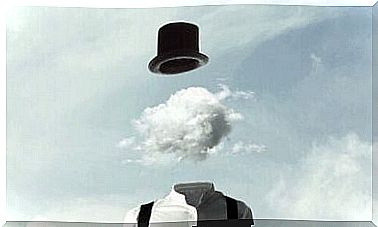We Know Reality In Pieces, Our Mind Finds The Rest
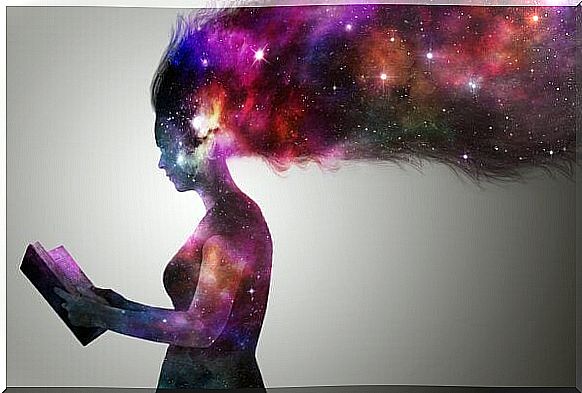
Maybe you never thought about it, but our minds work in pieces. It perceives reality as pieces of a puzzle – several for each mind – and must perform the fascinating job of putting them together into a whole picture that we call reality.
It is a constant and continuous job where the pieces not only come from our mind, but also quietly include emotions, thoughts, opinions and memories.
Some time ago I read a lovely story that began with: “I bought a novel and my dog for the beginning, the end and dozens with scattered pages from the rest before I had time to start reading.”
We witness the world outside in this way, as if it were a story from which our dog took a few bites. But we are not aware of it because our senses unite and create where there was no information, so that the story becomes logical.
The story continued: “Without forcing my dog to meditate on the inappropriateness of his behavior, I began to evaluate the damage done and try to save what could be saved.”
As you note above , it is very difficult to make an evaluation of the parts of the story that we are missing because our mind is almost automatically responsible for filling these gaps. The truth is that in most cases it does not do a bad job and that these pieces are quite hidden. That is why it is so difficult for us to identify their existence.
We should separate information from what is nothing more than a hypothesis. It is more or less likely that this is a voluntary task that is usually more difficult to perform than these patches. On the other hand, do not forget that our brain follows Occam’s razor to the letter, and usually invests in the most economical hypothesis.
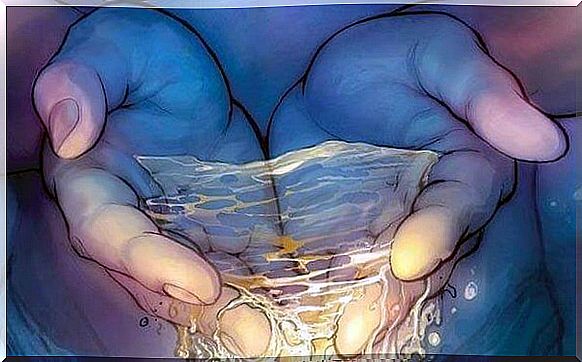
In most cases, no. We have a fairly intelligent brain. For example, if we learn that someone got up early this morning, we will assume that he got up before ten or maybe much earlier.
If, on the other hand, we hear that John was late for work this morning and also the week before as well as the week before that, we may think that John is not punctual and may not take his job seriously. The fact that we think that something is due to “one or the other” is information that is attached to this fact and stored in this way.
Our mind is smart and often uses the hypothesis that best suits us. An alternative hypothesis is that John’s late arrival may be a problem he has that prevents him from arriving on time. But for us, this is a more complicated scenario.

Why is it that the hypothesis that John has problems is more complicated for us than that John has lost interest in his job? To the former. We can ask John directly, but we do not know him well enough to dive into his life.
We can also ask someone close to him, but he will probably raise his eyebrows, assume that we are too curious and give us information that can mislead us even more. On the other hand, should we not help John if he is suffering from a problem and we can actually provide help?
Sitting quietly at our job would awaken our consciousness. Once awakened, this can lead to problems, because we are easily distracted and end up forcing ourselves to do something about John’s problems.
With that said, our story ends with: “The resolution of the novel was special: One of the most interesting and attractive characters was accused of murder. I do not know why then it was obvious in the previous pages that he did not kill anyone or even hinted at such an atrocity. The police were to arrest him when the constable took a cigar, and then, without knowing whether he was smoking it, the novel ended. “

